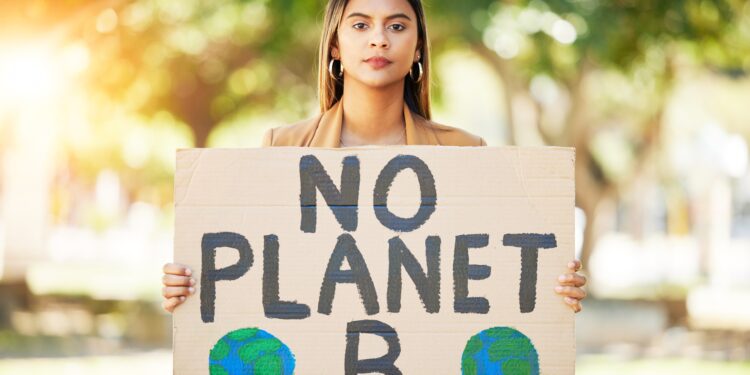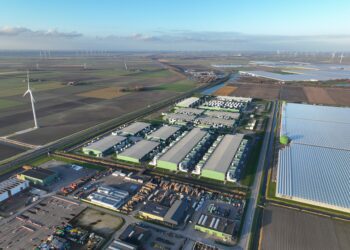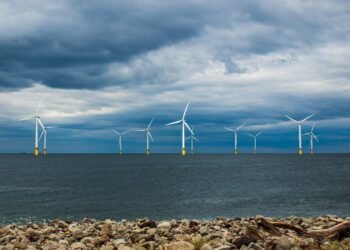For years – and especially at this fraught political moment – most coverage of the climate crisis has been defensive. People who support climate action are implicitly told – by their elected officials, by the fossil fuel industry, by news coverage and social media discourse – that theirs is a minority, even a fringe, view.
That is not what the new research finds.
The most recent study, People’s Climate Vote 2024, was conducted by Oxford University as part of a program the UN launched after the 2015 Paris agreement. Among poorer countries, where roughly four out of five of the world’s inhabitants live, 89% of the public wanted stronger climate action. In richer, industrialized countries, roughly two out of three people wanted stronger action. Combining rich and poor populations, “80% [of people globally] want more climate action from their governments.”
The Yale Program on Climate Change Communication – which, along with its partner, the George Mason University Center for Climate Change Communication, is arguably the global gold standard in climate opinion research – has published numerous studies documenting the same point: most people, in most countries, want stronger action on the climate crisis.
A fascinating additional 89% angle was documented in a study published by Nature Climate Change, which noted that the overwhelming global majority does not know it is the majority: “[I]ndividuals around the globe systematically underestimate the willingness of their fellow citizens to act,” the report states.
against climate change. But at least for now, this global climate majority is a silent majority.
Taken together, the new research turns the conventional wisdom about climate opinion on its ear. At a time when many governments and companies are stalling or retreating from rapidly phasing out the fossil fuels that are driving deadly heat, fires and floods, the fact that more than eight out of 10 human beings on the planet want their political representatives to preserve a livable future offers a much-needed ray of hope. The question is whether and how that mass sentiment might be translated into effective action.
What would it mean if this silent climate majority woke up – if its members came to understand just how many people, both in distant lands and in their own communities, think and feel like they do? How might this majority’s actions – as citizens, as consumers, as voters – change? If the current narrative in news and social media shifted from one of retreat and despair to one of self-confidence and common purpose, would people shift from being passive observers to active shapers of their shared future? If so, what kinds of climate action would they demand from their leaders?
These are the animating questions behind the 89% Project, a yearlong media initiative that launched this week. The journalistic non-profit we run, Covering Climate Now, has invited newsrooms from around the world to report, independently or together, on the climate majorities found in their communities.
Who are the people who comprise the 89%? Given that support for climate action varies by country – the figure is 74% in the US, 80% in India, 90% in Burkina Faso – does support also vary by age, gender, political affiliation and economic status? What do members of the climate majority want from their political and community leaders? What obstacles are standing in the way?
Read the full article by Mark Hertsgaard and Kyle Pope / The Guardian












